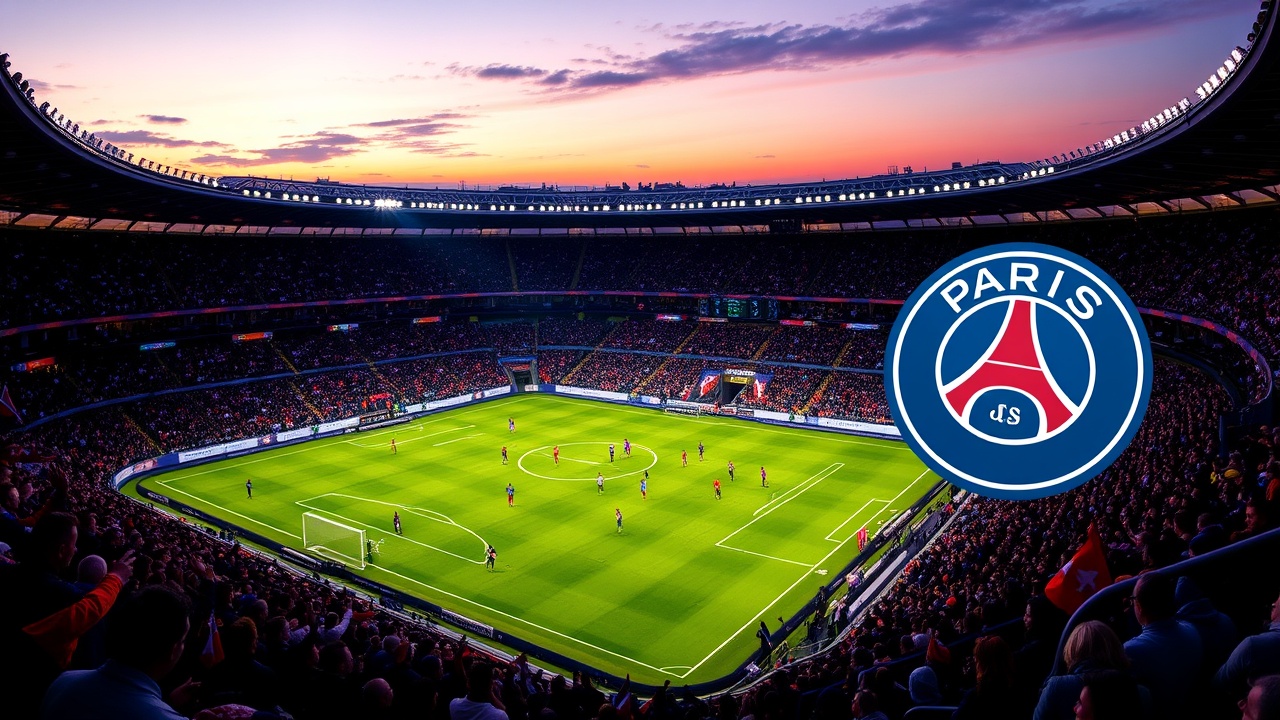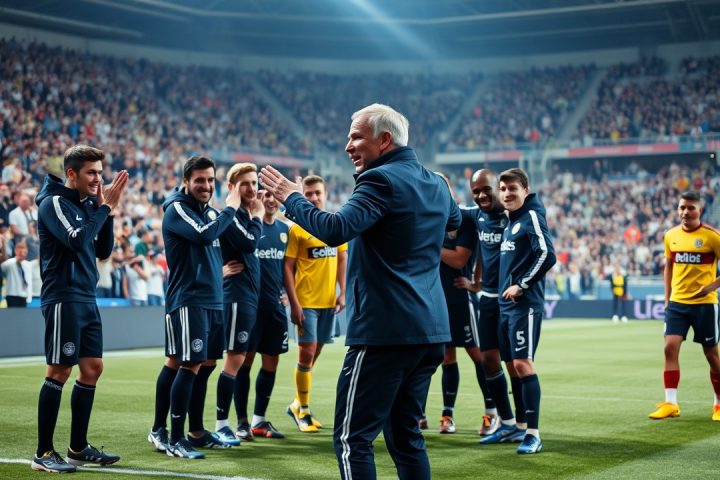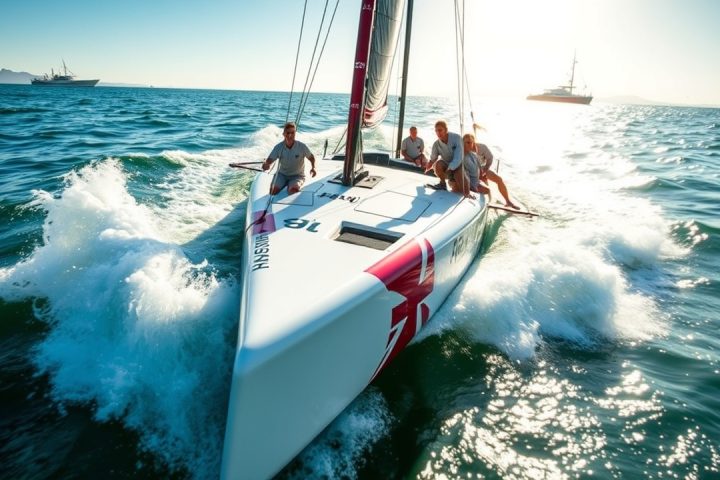Introduction
On November 23, 2010, a significant luncheon took place at the Elysee Palace, the residence of French President Nicolas Sarkozy. Among the distinguished guests were Sheikh Tamim Bin Hamad al-Thani, the Emir of Qatar, and Hamad bin Jassim bin Jaber al-Thani, Qatar’s then-Prime Minister. Notably, legendary French footballer Michel Platini, then the head of UEFA, was also present. Platini was a member of the FIFA executive committee and was preparing for an imminent vote to determine the hosts of the 2018 and 2022 World Cups.
Influence on FIFA Vote
Platini arrived at the palace hoping for a private discussion with Sarkozy but engaged instead with the powerful Qatari delegation. This conversation potentially influenced the FIFA vote held in Zurich just nine days later, contributing to Qatar winning the rights to host the 2022 World Cup—a decision Platini attributes solely to his passion for football and denies any coercion from Sarkozy. He stated in a
2013 interview with the Guardian
that while he understood Sarkozy’s preference for Qatar’s bid, the president never explicitly pressured him to vote for either Qatar or Russia, which hosted the 2018 tournament.
Historical Ties Between France and Qatar
The diplomatic ties between France and Qatar have a long history dating back to Qatar’s independence in 1971. A defense agreement was established in 1994, and during Sarkozy’s administration from 2007 to 2012, Qatar significantly invested in French industries and real estate. The strategic acquisition of an initial 70% stake in Paris Saint-Germain (PSG) by Qatar Sports Investments in June 2011 for about €50 million was one of many notable investments, although not the largest.
This takeover piqued the interest of Sarkozy’s administration, given his support for PSG as a fan and the broader implications of a foreign state’s investment in France. At that time, PSG was facing financial hardships, having achieved minimal success in Ligue 1 and seeking new ownership. Fast forward nearly 15 years, PSG has transformed into a football powerhouse, claiming 11 of the last 13 Ligue 1 titles and reaching the Champions League final in Munich against Inter Milan. A victory would mark a historic achievement as the first French team to win the prestigious tournament since Marseille in 1993.
Qatar’s Objectives and Geopolitical Considerations
Qatar’s objectives for acquiring PSG extended beyond merely winning trophies; they aimed to construct a robust global brand and enhance diplomatic relations through the sport. Nasser Al-Khelaifi, PSG President, expressed the desire to establish a comprehensive football institution with a globally recognized fan base and state-of-the-art training facilities.
The strategy also encompasses geopolitical considerations. Analysts suggest that Qatar’s investments in PSG and other sectors are tied to the nation’s security needs, given its complex relationships with neighboring countries like Saudi Arabia. Dr. David Roberts from King’s College London notes that Qatar’s growing presence on the global stage—especially under recent leadership—has involved cultivating ties to powerful nations as a means of securing its position.
Challenges and Ongoing Scrutiny
However, Qatar’s regional relationships have faced challenges, most notably during the 2017 blockade imposed by Saudi Arabia and three other Arab nations, citing Qatar’s alleged support of terrorism. Despite international tensions, countries like the U.S., Germany, and France continued to engage with Qatar through arms deals and investments, highlighting the complex interplay between politics and sports.
PSG’s ownership and its implications have been a subject of ongoing scrutiny, with some viewing it as an example of sportswashing or an extension of Qatar’s soft power strategy. The dynamics of PSG’s ownership reflect Qatar’s broader aspirations for influence and economic diversification, especially as the nation prepares for a future beyond its hydrocarbon resources.
Future Considerations
Speculation has recently emerged about Qatar’s commitment to PSG, with reports suggesting potential changes in ownership. However, QSI dismissed these rumors, emphasizing their dedication to the club, especially in light of significant infrastructure investments. While PSG’s trajectory in the football world has elevated its standing, the foundational motivations behind the acquisition hint at a more complex agenda intertwining sports, diplomacy, and economic security for Qatar. As PSG prepares for a pivotal moment on the European stage, the question remains: has Qatar achieved its goals, or is the journey just beginning?




